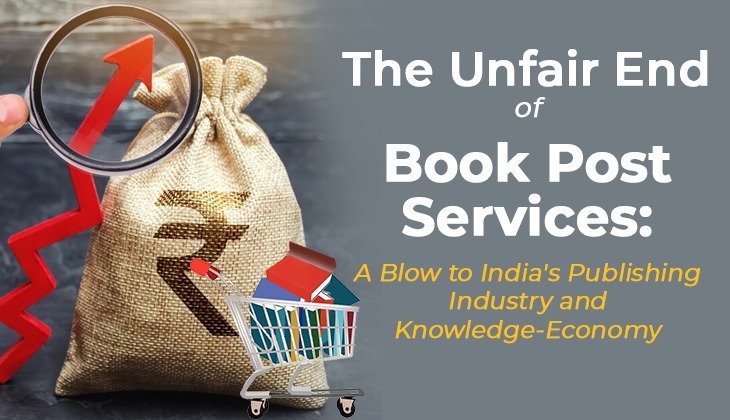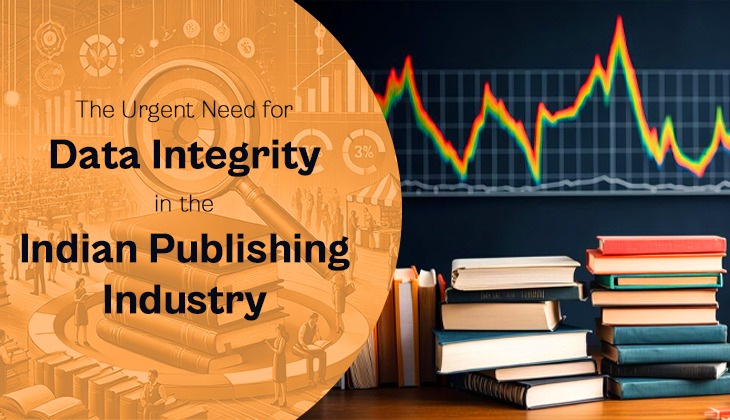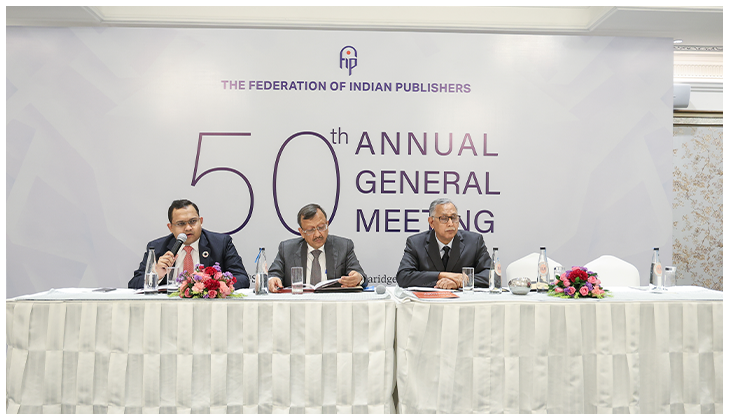You can fancy yourself in the mirror and dream to become a superstar. You can even imagine yourself as the master chef by watching random cookery shows. But, if you want to be a prolific writer, reading is your magic wand. Reading and just reading!
Why, because you’ll rarely spot a writer who isn’t fond of reading. You may even wonder, why read when you want to write? Seems like jogging when you wish to go swimming? Not that farfetched though! Reading makes you a writer in the same manner as a warm up session before exercise helps you exercise better and longer. It’s a spontaneous, consistent and lasting process. Constant reading will pull you into a mindset, where you can write eagerly and without self-consciousness. It exposes you to new words and ways to write more eloquently. Being a writer is all about crafting readable works with words. By reading, one gets to see the word in action. Have you ever tried writing something? If yes, then how many times have you read, and re-read your half- done work just to ensure it’s good and readable? That’s the whole idea.
The real significance of reading is that it facilitates an ease and intimacy with the process of writing. It’s like a multipurpose tool, an invisible tuition teacher. By reading other writers, one starts gaining a greater command of the language, of vocabulary, of the limits of writing and art, of techniques and craft, of poetry and imagination. And certainly, there’s no end to it. The more you read, the better you write. Be it the content, themes, writing styles, tonality, techniques, or any other writing edge, the best route to accomplish the same is through reading. But reading what?
It’s not that tricky to find. Read anything, and read everything. Every single work that you read, no matter how good or bad, crucial or trivial; it always leaves an impression. Read literature of different authors, varying genres, diverse cultures and almost everything that you come across. Be indiscriminate because reading experience is subjective. Not everyone agrees on exactly what’s “good” and “bad” when it comes to literature. Good work teaches you something new, adds to your knowledge and makes your writing more refined. At the same time, bad work signals towards the possible tones, phrases and styles that won’t fit into good writing, and thus should not be used.
In other words, reading is a wonder tool that polishes our writing skills by stimulating observation, inquisitiveness, imagination and above all, willingness to express by writing. It goes without saying, that only a voracious reader can become a great writer in future. Reading and writing are not separate fields. Each complements the other. In this sense, the more one reads, the better he’s likely to write. And with better writing, his expertise in good literature grows!



